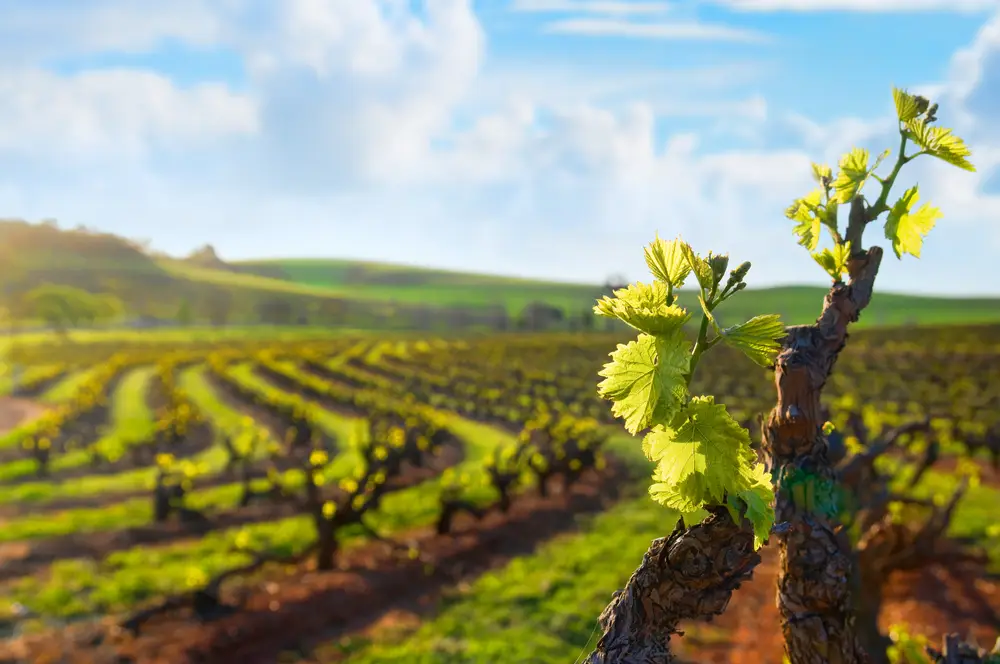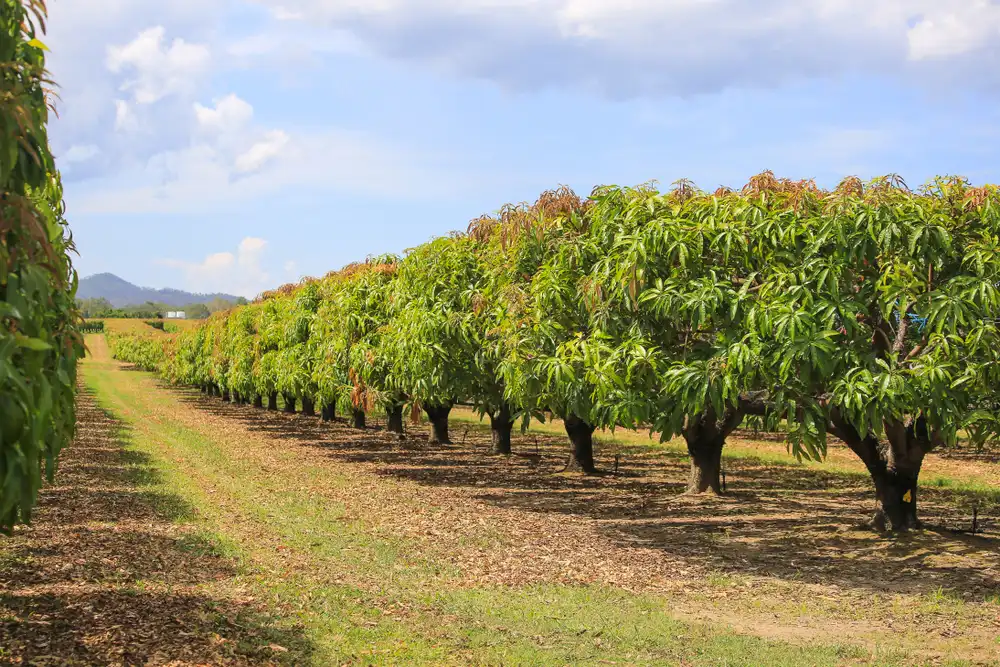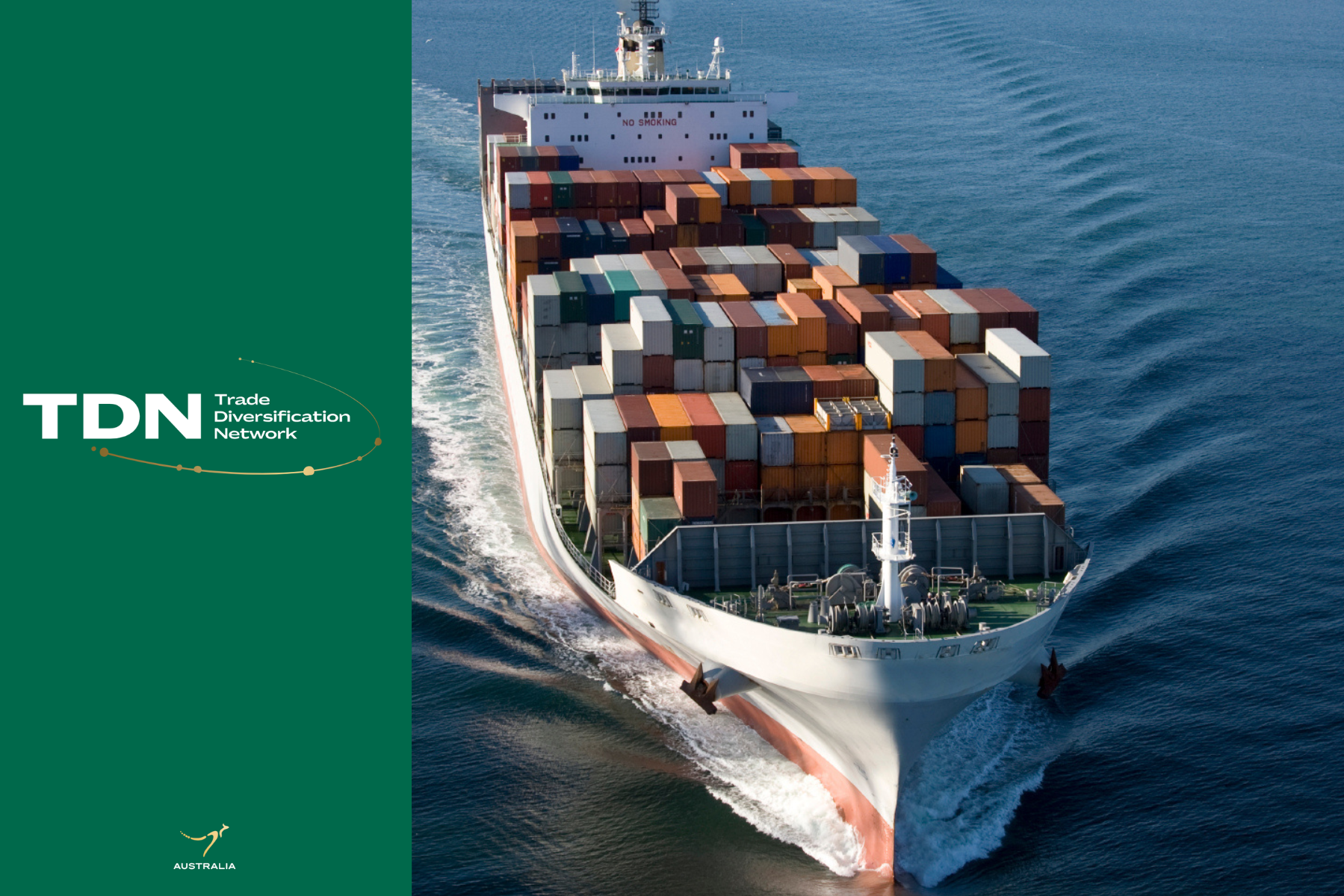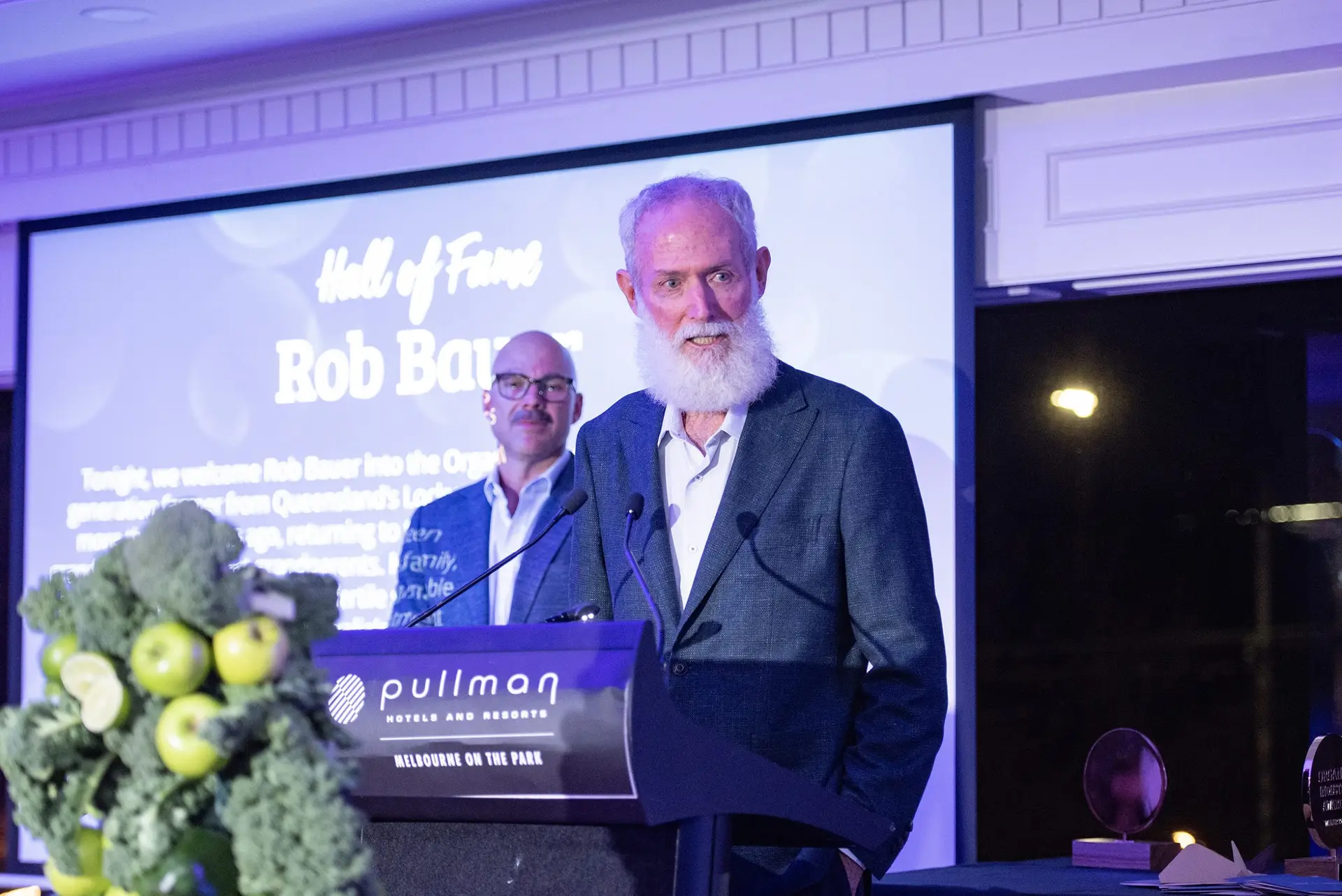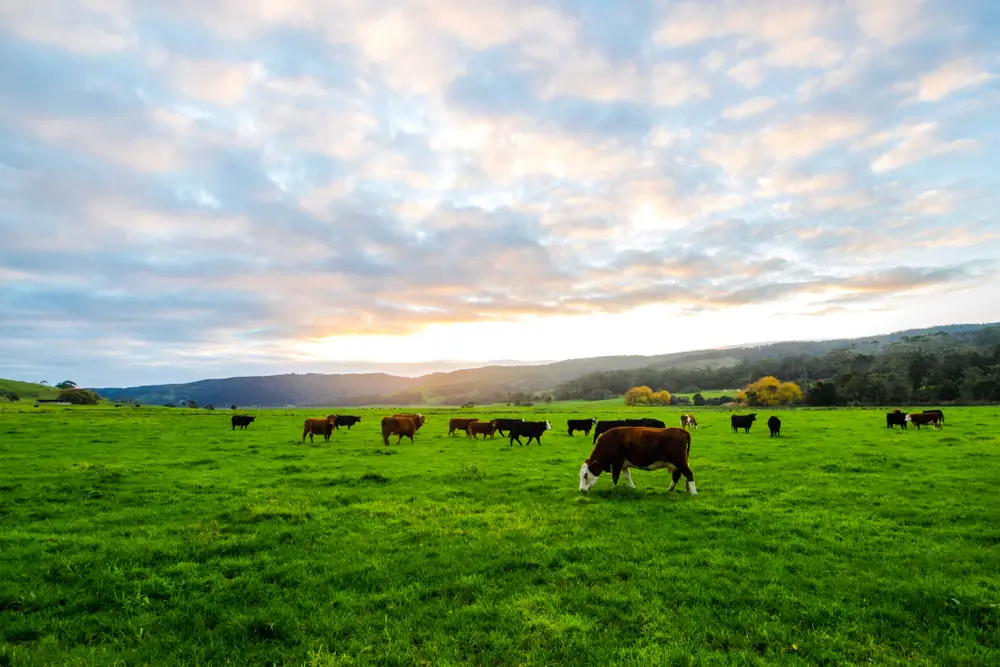Australian Organic Limited, the nation’s peak industry body for the organic sector, has today expressed its support of the McLaren Vale winemakers seeking to appeal the South Australian Government’s decision to reject 10 local council applications to maintain status as non-genetically modified (GM) crop areas, so as to protect one of the nation’s most prolific organic wine-producing regions.
The applications were made following the passing of legislation to lift South Australia’s ban on GM crops in May which had previously been scheduled to end in 2025. It had been hoped by the 10 councils their status as GM free could be continued, to protect valuable and hard-earned domestic and international markets.
The announcement the applications were unsuccessful was made by Minister for Primary Industries and Regional Development, David Basham, earlier this month.
Australian Organic Limited Director, Mike Brown, who is also a City of Onkaparinga wine producer, said local growers were deeply disappointed by the decision given the potential impact it would have on the value of trade of sought-after McLaren Vale wines.
“Evidence from my own Gemtree Wines, the Angove Family Winemakers, Paxton and Yangarra Estate Vineyard position this value to be in the vicinity of $5.1 million so we are feeling incredibly misunderstood,” Mr Brown said.
“Our goal has never been to make all of South Australia GM free, we simply wanted the right to maintain our status, so we do not jeopardise our key export markets.”
Close to 40 per cent of McLaren Vale wine producers are certified organic and biodynamic, well ahead of the national industry average of about 5pc.
“Our importers in Europe, who we consulted with heavily as part of our submission put forward to Minister Basham during the public consultation process, have stated McLaren Vale losing its GM-free status would greatly inhibit their desire to buy our wine,” he said.
McLaren Vale was awarded its sought-after Geographic Indicator (GI) status, which identifies a good as originating in a specific region where a particular quality, reputation or other characteristic of the good is attributable to that geographic origin, in 1997. The certification is reflective of the region’s hard-won reputation as a sustainable and transparent production zone practicing the trio of GM free, organic and biodynamic farming, and has helped to solidify its standing in international markets.
Mr Brown said the GI was now at great risk given the stripping away of GM-free status from the area and the potential threat to organic production posed by GM crops.
Australian Organic Limited Chief Executive Officer, Niki Ford, said she was dismayed by the Government’s decision.
“Many of our members have invested considerably in contributing to the Government’s consultation process but now find their markets, both domestic and international, in grave danger after many years’ establishing unique selling positions as GM-free,” Ms Ford said.
“What we are asking for is simply that the risks associated with this decision be properly assessed.”
Ms Ford reiterated the strength of Australia’s reputation as one of the world’s most foremost producers of organic food and fibre.
“The organic industry contributes $2.6 billion to the Australian economy and is aligned to meet the exciting and significant international consumer trends that are growing in demand for organic produce,” Ms Ford said
“The future of an emerging growth market such as organic will contribute to achieving the $100 billion target for Australian and export markets.
“Given the current economic challenges all enterprises face, the need to protect Australian businesses’ unique selling proposition is paramount.”
